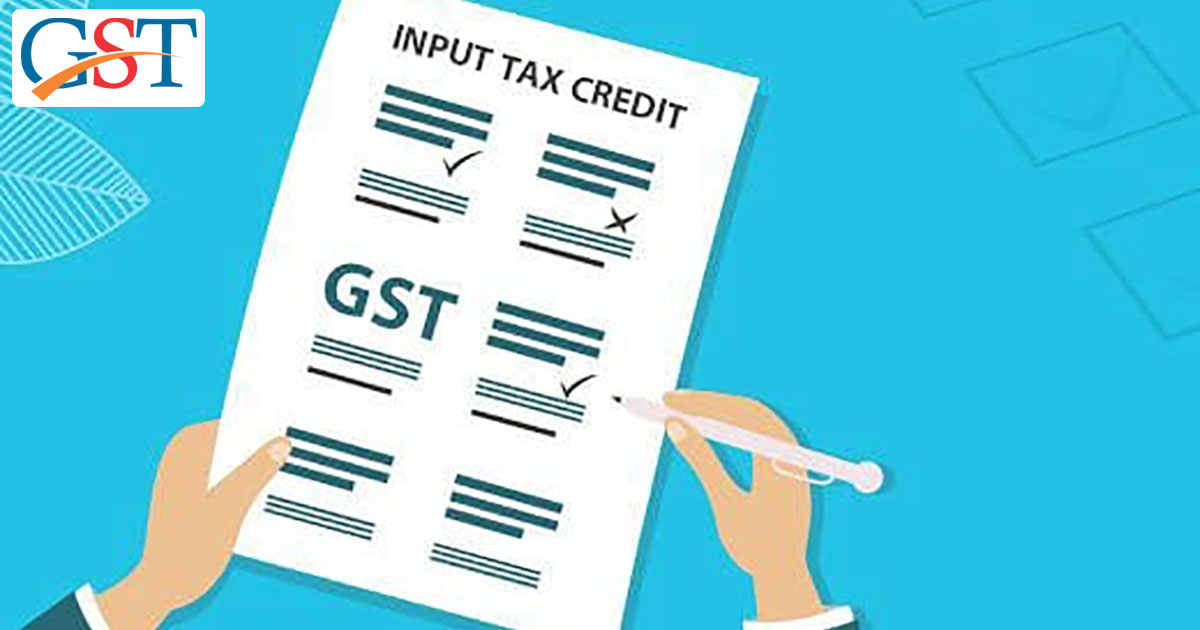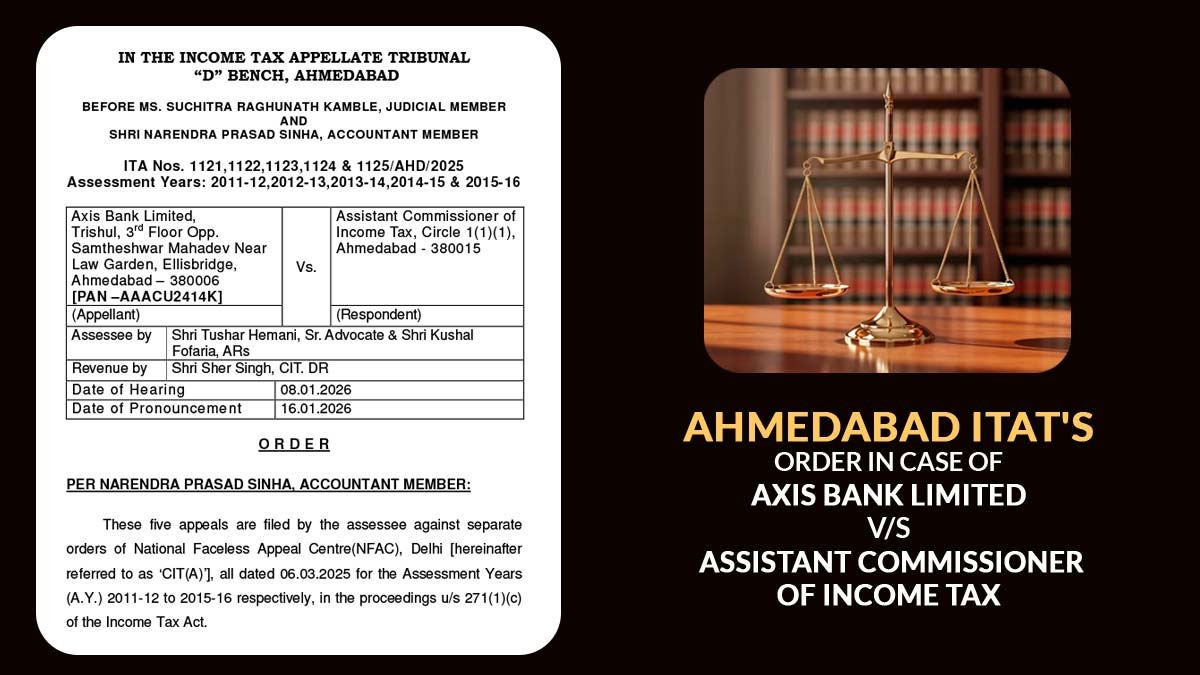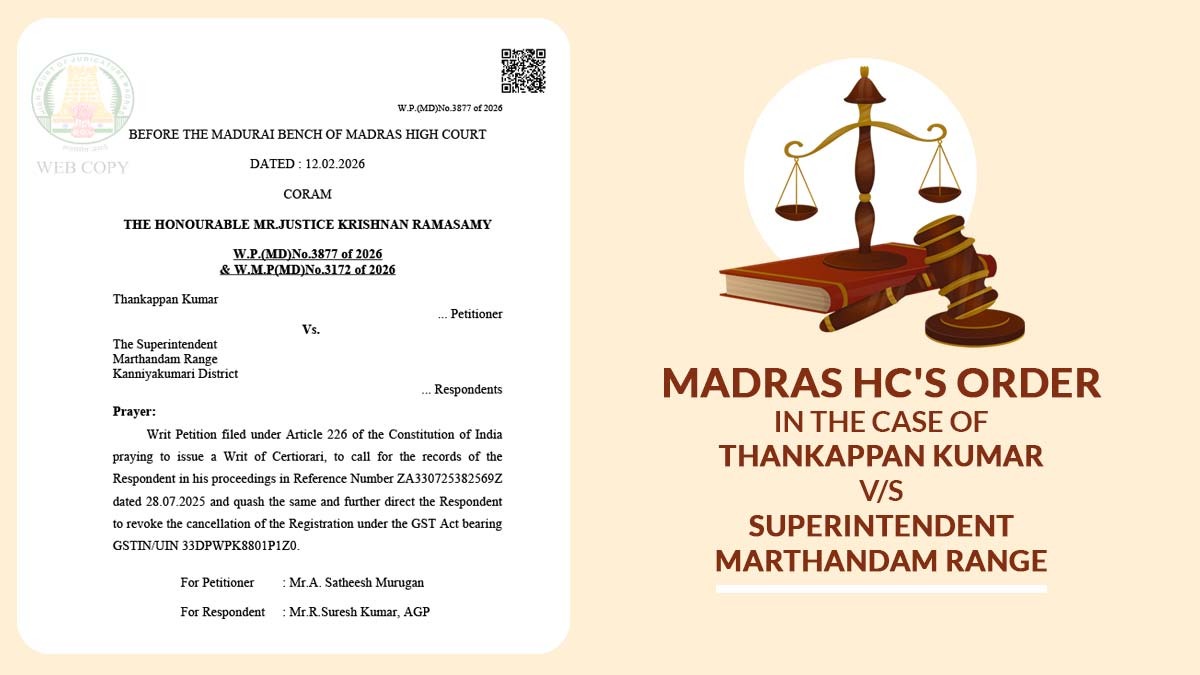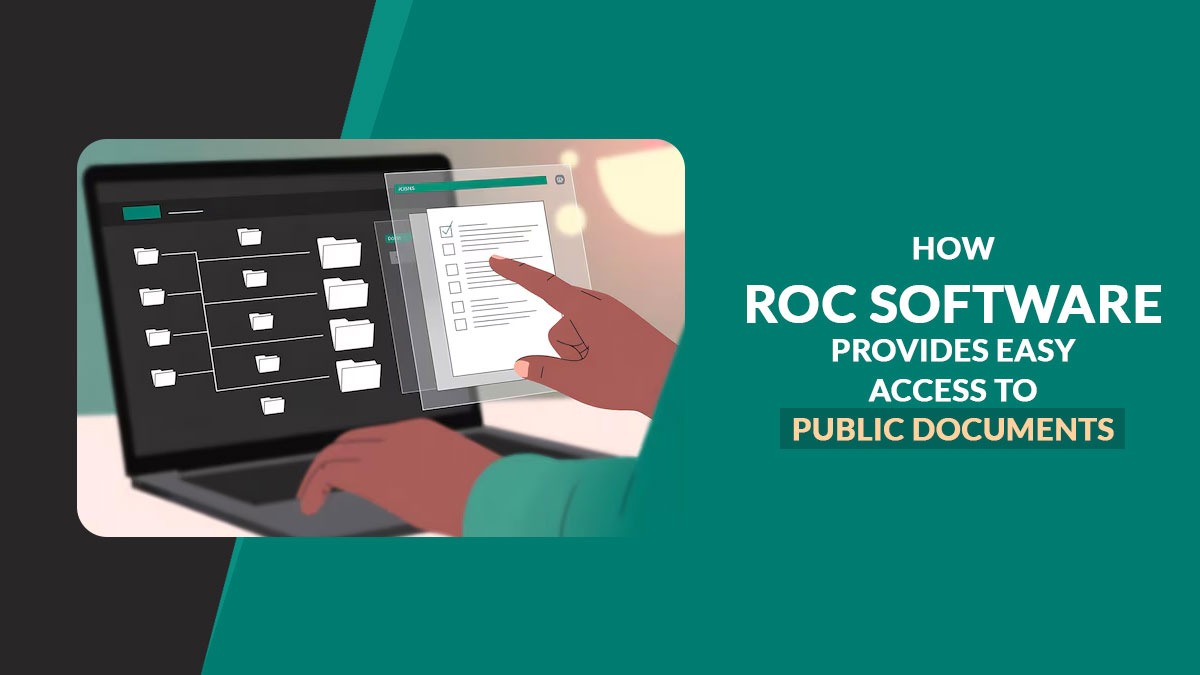It seems ‘preparing for a rainy day’ is every company or trader survival thoughts these days. There is a dormant yet prolonged fear among traders that their input tax credit claims under the GST regime may be disputed by tax officials. Hence, traders and business owners are now setting aside funds to cover risks and ensure frictionless business operations which in all probability may be hampered by the freezing of their input tax credits.
Under the new GST Regime, input tax credit and transitional credit (amassed under the earlier tax system) will have to be repaid to companies as well as individual business owners/traders at the end of the fiscal year.
Matching of Invoices was one of the key factors for a smooth and frictionless GST. However, this is yet to be implemented. The GST Tax is currently based on self-declaration mechanism and traders/business owners/ companies are availing provisional input tax credit now.
Companies will now have to review and audit their credit balances, provisionings etc. They need to ensure that their credit balances are correct. However, in case the suppliers fail to file their returns, credit may be disallowed when the new return filing procedure is finally in place. There are also reports of transitional credits being disputed. These include credit claims made against duties such as Krishi Kalyan Cess. This was however unexpected and companies may for the time being incus such unexpected liabilities. However, credit disallowed due to procedural issues may be unwanted and unwelcome. As per, CBEC data, the high transitional credit availed by the companies stands at Rs 1.5 trillion. This had alarmed the present government at centre and immediate concerns were raised.
GST Council and The Outstanding Credit Solution
With its eye fixed on the future credit storm, the GST Council is now formulating an annual tax return for 2017-18. This annual return will have a column where taxpayers can claim a credit on previous outstanding amounts. Taxpayers will have to file the return by December 2019.
Tax credits denial was prevalent during the erstwhile VAT regime also. Those companies which have filed exaggerated will in all probability face the music during audits and inspections.
Read Also: GST Council May Allow Bi-Annual Tax Filing For Businesses With Nil Tax Liability
GSTR-3B is one attempt by the centre and the GST Council to reduce compliance issues and grievances. The need for matching of claims has for the time being put on hold. Buyers and sellers need not file forms that would have matched the claims of the buyers and suppliers.










